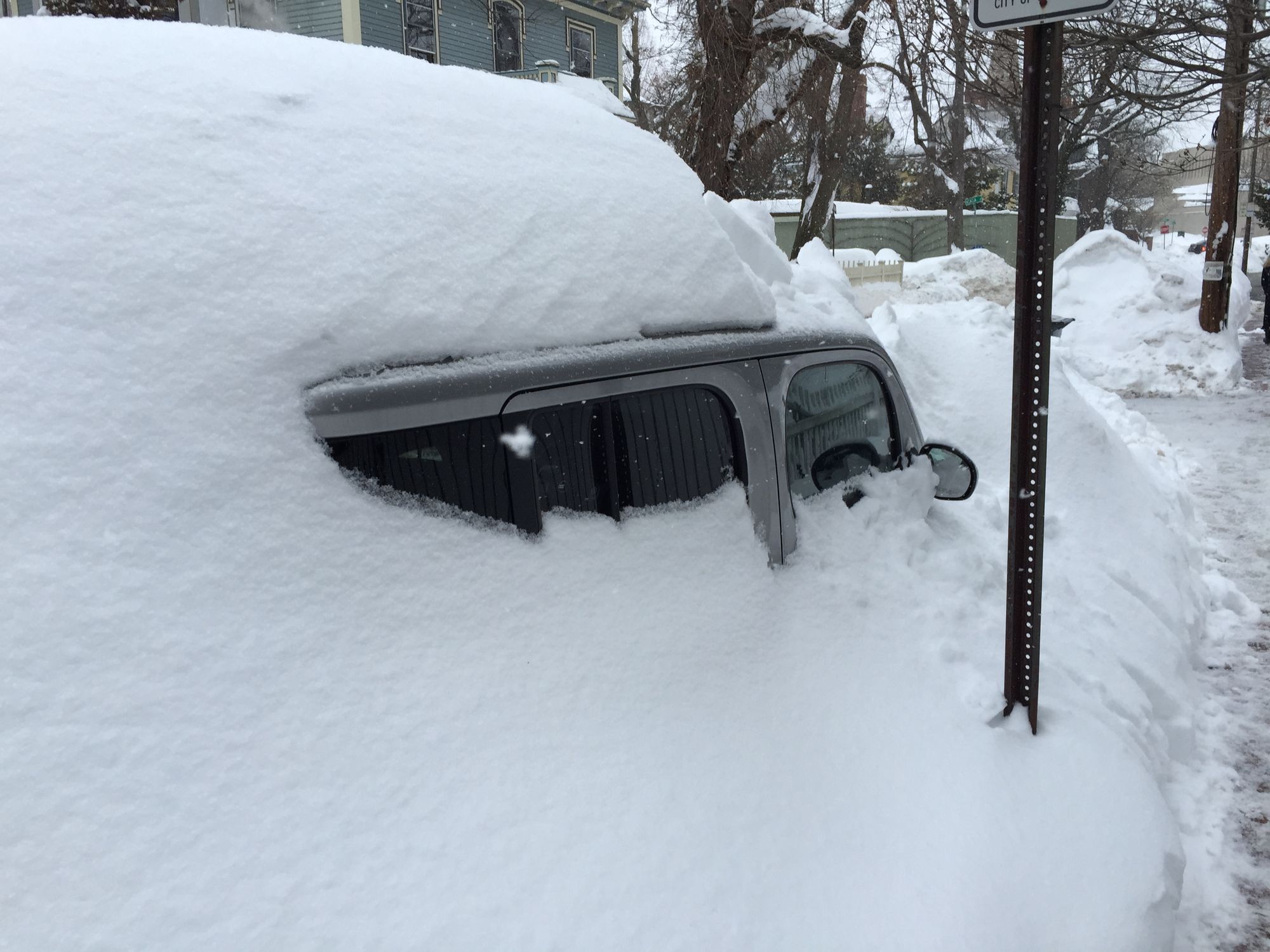
I think for a lot of people, being holed up inside during a catastrophic global pandemic is a great opportunity for reflection on life choices. But the timing is truly particular for me, since this year — in just a few weeks actually — I would have been most likely graduating Harvard with a PhD in Public Policy (virtually graduating, at least).
I did one year of my PhD before dropping out before the start of my second-year classes. It was a harsh year back in 2014-2015, with the polar vortex over New England leading to record avalanches of snow in Cambridge. Walking along Brattle Street and Harvard Square, it wasn’t uncommon to walk through snow tunnels cut through the massive white piles. The winds were extremely piercing and cold, and the skies never turned away from dark grey for days (I recall weeks at a time, but maybe I’m being darker than it really was).
I was always sort of ambivalent about a PhD, and remained so the past few years after dropping out. That ambivalence has always been about the dichotomy between the vivid intellectual life in Cambridge, where you can be passionate about any topic imaginable and find others to share that passion with, and the cold economic reality of a capitalist system that does little to patron intellectual life today.
There were memorable vignettes from that era that I cherish. A bricolage of a reading group that was interested in sociology of quantification, one of those academic fields that you realize no one is ever going to read, but which is endlessly fascinating for me and like six others globally. A six hour national security seminar with the entire Bush foreign policy team that no one showed up for because it started at 8am and they didn’t allow late admissions. A Japanese faculty seminar series that had varied and incredibly interesting speakers on the forefront of social science while also pushing Japan’s politics forward.
The intellectual life can’t be better in a place like Cambridge, but the economic downsides were also there. I was fortunate to be funded by Harvard as a grad student, and also to be a relatively heavy freelancer at TechCrunch to subsidize the skyrocketing cost of living in Cambridge.
When I went back last year and walked around Harvard Square, I was amazed to see just how much the Square had completely transformed into empty storefronts and over-priced lackluster restaurants (an excellent essay on this from 2018). It was clear to me then — beyond the typical grief of the perilous academic job market and the fight for dental insurance from the Harvard grad student union that was raging at the time — that the world was becoming very, very unfriendly to those who think.
My brain was exhilarated by that year, my pocketbook less so. And so I eventually jumped ship to work as a venture capitalist (again), and kept a sort of wary eye in the rearview mirror.
Fast-forward a couple of years, and now I can start to see the outcome, which would be graduating in about six weeks into one of the worst economic depressions of my lifetime.
Universities are going to be among the hardest hit in this new world. Endowments are crippled from market losses in equities, which are among the most liquid components of an endowment’s portfolio. That’s a huge cash crunch there in university finances. Chinese and international students, who have driven huge tuition dollars for many American and European universities, is going to dry up for at least a year or two if not permanently. Those dollars are among the most fungible that a university has. Plus, how will the shift to online courses change academic job hires?
In short, in just a few weeks, the entire job market here was completely eviscerated.
I remember how 2008 went for graduating seniors. I was a sophomore at the time, and viscerally remember the stress for those students navigating a world that was torn asunder. But that world was shattered over the course of months — it was fast, but the social networks were slower, the implications were slower to dawn on folks, and there was still hope through the fall of 2008 that everything would be okay. 2020 is different: the economy is already dead, and the patient died in a matter of days.
One of the lessons of 2008 is that the grad students who came on to the job market in those years fared very, very poorly in the long-run (as did, frankly, everyone else). You never really recover your career footing. It’s particularly acute in the academic job market, because by the time the world starts hiring again, there is a whole new wave of students graduating that committee chairs are selecting from. There is an entire cohort of scholars that just never had a chance to get hired. Some stretched their programs out to try to outlast the downturn, others just moved on. Few made it through.
I feel downright horror at what is happening and what is going to happen to many of my friends here.
And so I look back with wary eyes at the ambivalence between intellectual vitality and economics, and find myself just saddened by the binary paths that the world has to offer here. Five years of investment into a research career, and because of happenstance, that work would all but evaporate in the struggle to find shelter, health care, and more. It’s a path that I guess in the end, I am fortunate not to have taken. But I regret all of it all the same.
Photo by me in February 2015 in Harvard Square